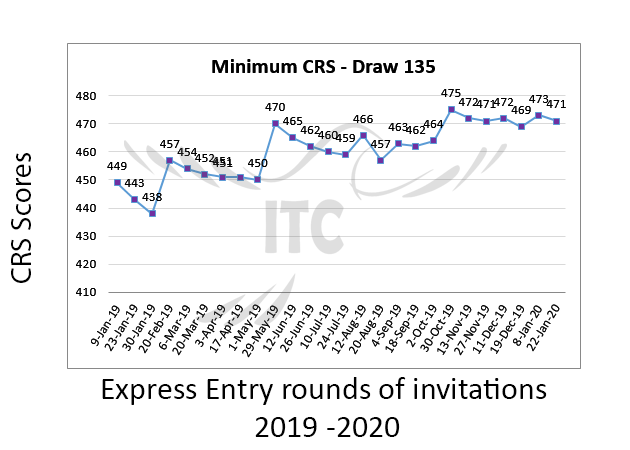
Introduction: The Importance of Resident Alien Status
Understanding resident alien status is crucial for many non-citizens living in Canada and the United States. This status affects tax obligations, eligibility for certain benefits, and immigration processes. As the world becomes more interconnected, the number of individuals navigating the complexities of immigration law is on the rise, making it imperative to comprehend what it means to be a resident alien.
Defining Resident Alien
A resident alien is generally defined as a non-citizen who is legally residing in a country for a specified period of time—typically through work, education, or other legal means. In the United States, the IRS defines a resident alien based on the Substantial Presence Test or a Green Card status. Meanwhile, in Canada, the term typically refers to a non-citizen who has established significant ties, such as maintaining a permanent home there.
Key Implications of Resident Alien Status
This status carries a number of important implications:
- Tax Obligations: In Canada and the U.S., resident aliens are required to pay taxes on their worldwide income, similar to citizens. This responsibility also brings into play eligibility for tax benefits and credits.
- Health Care Access: In Canada, resident aliens may be eligible for Medicare and other public health services, provided they meet certain residency requirements. In the U.S., access to healthcare can vary widely based on state regulations and insurance coverage.
- Legal Rights: Resident aliens generally have the right to live, work, and travel within the country. However, their rights may differ from those of citizens, particularly in areas such as voting or running for public office.
Current Events and Developments
Recently, immigration policies and statuses have been subjects of debate in both Canada and the U.S. The COVID-19 pandemic has led to changes in travel restrictions and visa processing times, affecting many potential resident aliens. Legislative efforts are underway to streamline processes and provide clearer pathways to residency and citizenship, reflecting the evolving perception of immigrant contributions to society.
Conclusion: The Growing Importance of Understanding Resident Alien Status
For anyone navigating their residency status, it is vital to understand the rights and responsibilities that come with being a resident alien. As immigration laws continue to change and evolve, staying informed will help individuals make better choices regarding their residency and can aid in planning for future legal needs or changes. With increasing globalization, the significance of fully understanding resident alien status cannot be overstated, as it impacts both personal and professional aspects of life for millions.






